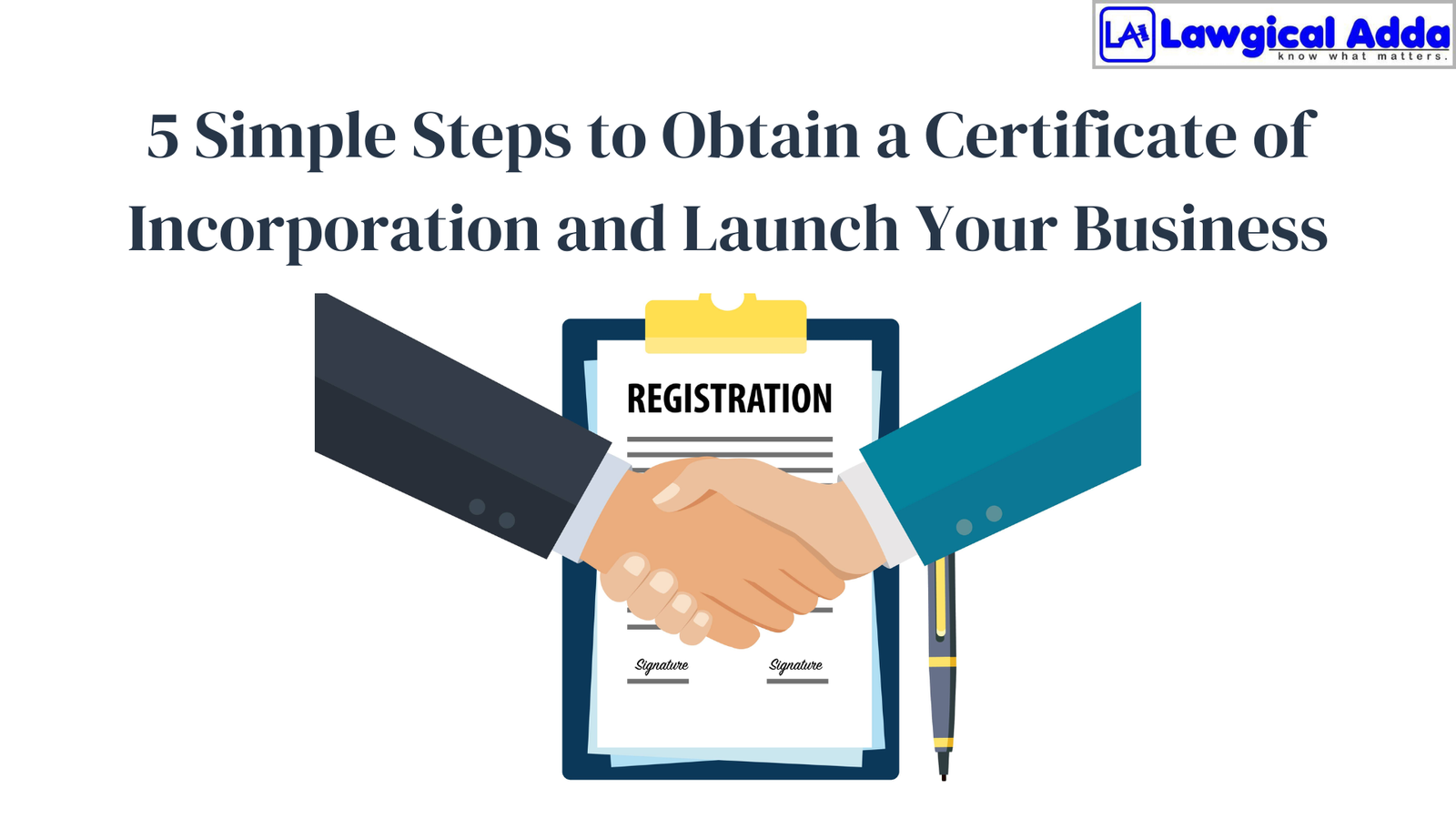Ordinary Resolution: Companies Act 2013

Table of Contents
Ordinary Resolution: What Is It?
An ordinary resolution is a procedure employed in a company’s decision-making framework where a simple majority vote of shareholders makes daily business decisions.
These cover standard issues, including the election or removal of directors, the approval of the company’s annual financial accounts, dividend announcements, amendments to the articles of association, and so on.
Ordinary resolutions are essential in the overall governance of a firm, even if they are routine. They guarantee that shareholders participate more actively in decision-making by giving them an effective way to express their views on broad operational issues.
The distinction between special resolution and ordinary resolution
Ordinary resolutions are those that, at a general meeting, can be passed with just a simple majority. A Special Resolution needs to be approved by the Senate with a majority vote at the general assembly.
Ordinary resolutions can only be passed if they receive the consent of at least 51% of the members. On the other hand, the special resolution needs the support of at least 75% of the members who vote in favor of it.
A copy of an ordinary resolution signed by an officer of the company shall only be filed with the registrar under specific conditions. On the other hand, a special resolution signed by an officer of the business must be submitted in writing or printed and lodged with the Registrar of Companies (ROC) within thirty days.
An Ordinary Resolution was passed to conduct ordinary business. On the other hand, by the Companies Act, a unique business may be conducted by an ordinary or a special resolution.
The legal framework within which a company can pass an ordinary resolution.
The 2013 Companies Act governs a company’s ability to pass ordinary resolutions. Section 114 of the Act lists the issues that call for regular resolutions, such as the designation of directors, endorsement of the financial statements, declaration of dividends, and so forth.
In order to enact ordinary resolutions through a legal process, the Act also specifies how general meetings should be called, notice should be given to shareholders, and voting should take place.
Furthermore, as stated in section 114(2) of the Companies Act, an ordinary resolution is deemed passed if most members who attend the general meeting and cast ballots support it over oppose it.
Businesses hold meetings when formal suggestions are given to the group for a vote. Said resolutions are the company’s statement of intent. Ordinary Resolution is sufficient to do business in addition to usual business.
When the previously registered name is inaccurate or erroneous, the ROC may order a business name change. Alternatively, the Central Government may request a correction of the company name in exchange for payment to the cost accountant.
| Criteria | Ordinary Resolution | Special Resolution |
| Majority Required | Simple majority (51% or more of the members present and voting). | Requires at least 75% of the members present and voting. |
| Purpose | Generally used for ordinary business matters such as the appointment of directors, approval of financial statements, declaration of dividends, etc. | Typically used for special business matters such as altering the Articles of Association, changing the company name, or other significant decisions. |
| Legal Framework | Governed by Section 114 of the Companies Act, 2013. | Also governed by Section 114 of the Companies Act, 2013, but with a higher majority requirement. |
| Filing with Registrar of Companies (ROC) | Only required under specific conditions; not mandatory for all ordinary resolutions. | Must be submitted in writing or printed and lodged with the ROC within 30 days of passing. |
| Calling and Conducting Meetings | General meetings must be called, notice given to shareholders, and voting conducted as per the Companies Act. | Same procedure as for ordinary resolutions, but requires a higher voting threshold. |
| Effectiveness | Effective if passed by a simple majority of the members present and voting. | Effective only if supported by at least 75% of the members present and voting. |
| Use in Business Matters | Sufficient for conducting ordinary business. | Required for conducting special business. |
| Changing Company Name | An ordinary resolution may suffice for a name change if ordered by the ROC when the name is inaccurate or erroneous. | The Central Government may request a correction og the company name in exchange for payment, often requiring a special resolution |
Special Resolution is required for the following scenarios :
- The issuance of sweat equity shares
- Modifications to the articles of association or memorandum of association
- Acquisition of shares or securities
- Adjustments to the prospectus’s objects
- Transfer of the company’s registered office
- Other matters
If you’re looking to register a Section 8 Company, Public Limited Company, or Private Limited Company, or need assistance with checking company name availability, reach out to Lawgical Adda for expert support. Focus on what you do the best! Let Lawgical Adda handle the rest. Contact us today!
Lawgical Adda’s solution provides end-to-end management of corporate governance and secretarial compliances, encompassing every phase of the entity life cycle. Don’t hesitate to get in touch with us if you want more information on the compliance standards and to outsource them to us.







